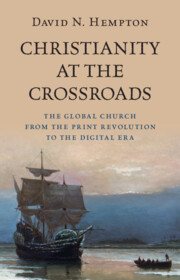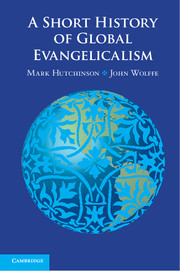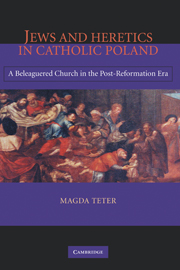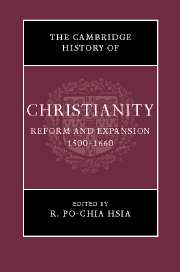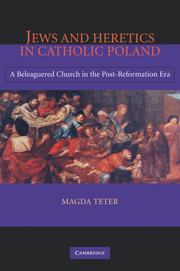Christianity at the Crossroads
Combining expansive storytelling with striking analysis of 'networks, nodes, and nuclei', David Hempton's new book explains major developments in global Christianity between two communication revolutions: print and the internet. His novel approach (replete with vivid metaphor – we read of wildflower gardens and fungi, of exploding fireworks sending sparks of possibility in all directions, and of forests with vast interconnected root systems hidden below our vision) allows him to look beyond institutional hierarchies, traverse national and denominational boundaries, and think more deeply about the underlying conditions promoting, or resisting, adaptation and change. It also enables him to explore the crossroads, or junction boxes, where individuals and ideas encountered different traditions and from which something fresh and dynamic emerged. Cogently addressing the rise of empires, transformation of gender relations, and demographic shifts in world Christianity from the West to the Global South, this book is a masterful contribution to contemporary religious history.
- Allows readers to get a big-picture, bottom-up overview of some of the most important developments in global Christianity over the past five hundred years, looking beyond church hierarchies at the stories of the marginal, demotic and sometimes disenfranchised
- David Hempton is one of the foremost historians of religion and of church history currently at work, and this book is much anticipated
- A revised and expanded version of the 2021 Gifford Lectures, one of the most prestigious and famous lecture series in the worldwide humanities
- Introduces a new theory of change around the concepts of networks, nodes, and nuclei, while using ordinary, easily comprehensible, language and examples throughout
Reviews & endorsements
'This important book will have a broad appeal to lecturers, students, clergy and a larger reading public. Hempton seeks through his 'networks, nodes and nuclei' approach to show that there have been multiple world 'centres' in Christian history, and that cultural influences move from the global South to the global North, as well as from North to South. His stimulating book, clearly written in an engaging style, reveals exciting new paths for future research.' Stewart J. Brown, Professor Emeritus of Ecclesiastical History, University of Edinburgh
'A skilled narrator, David Hempton offers a new approach to the history of modern Christianity. The author is one of the leading historians of modern British, Irish and American religion. He has published on many very different topics, and his work is notable for his broad sympathies as well as the range of his knowledge. He provides empathy and a serious attempt to understand what the actors in his stories believed, while at the same time remaining always alert to the constraints as well as the opportunities arising from their social and political context.' Hugh McLeod, Emeritus Professor of Church History, University of Birmingham
'David Hempton is one of a handful of historians of Christianity whose expertness runs all the way from the sixteenth to the twenty-first centuries, and whose scope is truly global. Christianity at the Crossroads is a stunning addition to the literature. Anyone with a reasonable curiosity about how Christianity in the West has acquired the amorphous, vibrant, sometimes dangerous yet also often life-giving shape that it has today will find compelling answers in a truly landmark work.' Grant Wacker, Gilbert T. Rowe Distinguished Professor Emeritus of Christian History, Duke University
Product details
June 2025Adobe eBook Reader
9781009597456
0 pages
Not yet published - available from June 2025
Table of Contents
- 1. Towards a theory of transnational religious change
- 2. Religious networks in the Reformation era
- 3. Religious networks in the age of empire in New Spain and West Africa
- The Protestant International: pietism, premillenialism, and pentecostalism
- 5. Women's networks: opportunities and limitations
- 6. 'Only Connect!': Networked Christianity in the digital age.

